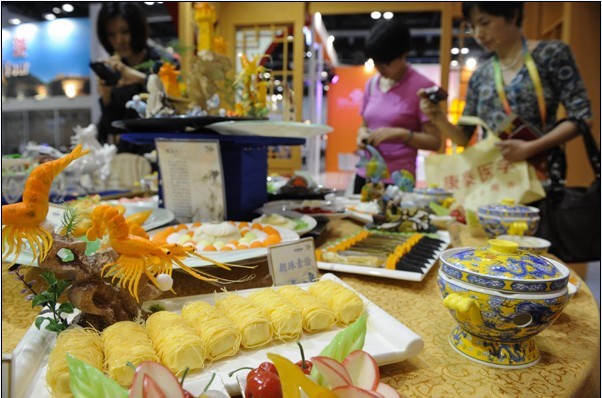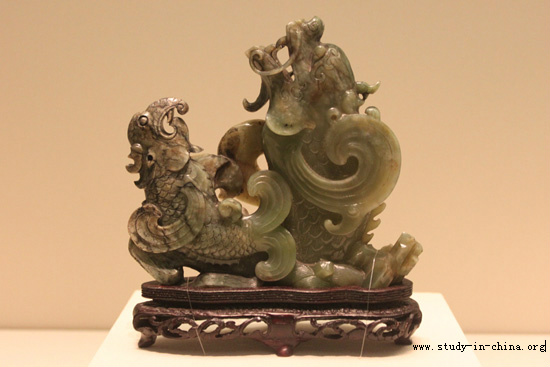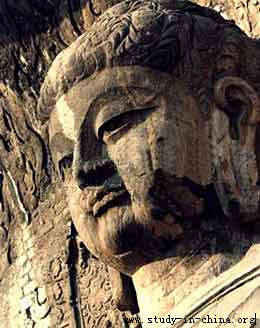| Home > China Feature |
Health Dangers of Cupping Therapy
Traditional Chinese Medicine's (TCM) cupping therapy is meant to help tissues release toxins, activate the lymphatic system, stimulate blood circulation and relieve muscle and joint pains. But it's not for everyone. Unless the therapy is conducted by skilled practitioners, it can cause injury if improperly applied.
The Consumer Council sounded the warning about the familiar TCM technique in the latest issue of Choice magazine, published Friday.
The council has received only two complaints related to cupping therapies in Hong Kong in the past two years. But the availability of do-it-yourself cupping therapy sets require the public understand the risks, said Ron Hui Shu-yuen, vice-chairman of publicity and community relations committee of the council.
"There's the possibility consumers will try it at home. We want to give an early warning to consumers, so they will take precautions when they want to adopt this kind of therapy," Hui said.
Cupping therapies appear simple enough: Putting cups on ailing parts of the body, with the rim to the skin; creating a vacuum inside the cup through burning or suctioning out the air. Leaving the cups attached for a while causes the vacuum effect to draw blood to the area, for the purpose of encouraging local healing.
Though the therapy has brought relief to many, patients with high fever, convulsions, bleeding problems, inflamed skin, or who are prone to cramping are advised to avoid the therapy. Young children, people who are elderly and frail and pregnant women are also cautioned. Expectant mothers especially are to be cautioned about therapy applied to the stomach and lower back, according to the council.
Accidents have happened. Some patients have suffered serious burns.
In one case cited by the council, a complainant who took the therapy at a fitness center felt pain a few minutes after the cups were placed. The complainant was alone in the room and unable to remove the cups applied to the back. Since there was no equipment to summon help, the complainant had to wait 10 minutes before the therapist came back. Blisters had formed by then. It took more than one month for the blisters to heal and cost the complainant more than HK$3,000 in medical expenses. The complainant filed suit with the Small Claims Tribunal. The fitness center ended up paying only half of the medical expenses.
Many Hong Kong people go to the mainland to consult TCM practitioners. The council has received reports of accidents taking place there.
Last month, a Hong Kong woman suffered serious burns during cupping therapy on the mainland and had to be brought back to Hong Kong for treatment, according to the council.
Cupping therapy practitioners are largely unregulated in Hong Kong or on the mainland at present. But the mainland is introducing a set of operational and technical standards for health care service providers, including cupping therapists. They are expected to be in place as early as this year.
"We hope Hong Kong will take note of the mainland and regulate cupping therapy practitioners in terms of qualifications and skills," Hui said.
Art
 more
moreChina Beijing International Diet ...
Recently, The hit CCTV documentary, A Bite of China, shown at 10:40 ...

Exhibition of Ancient Chinese Jad...
At least 8,000 years ago, Chinese ancestors discovered a beautiful...

Longmen Grottoes
The Longmen Grottoes, located near Luoyang, Henan Province, are a tr...

Custom
 more
moreWeb Dictionary
Martial Arts
Tai Chi Master Class Held in Moscow
MOSCOW, June 15, 2016 (Xinhua) -- Students learn from Shaolin ...
Celebriting 70 years' efforts in restoring Mogao...
Work is being carried out at the restoration site of cave No 98 a...
Hong Kong Children's Symphony performs in Seattle
Under the theme of Tribute to the Golden Age, a concert featuring a ...





 print
print  email
email  Favorite
Favorite  Transtlate
Transtlate 








